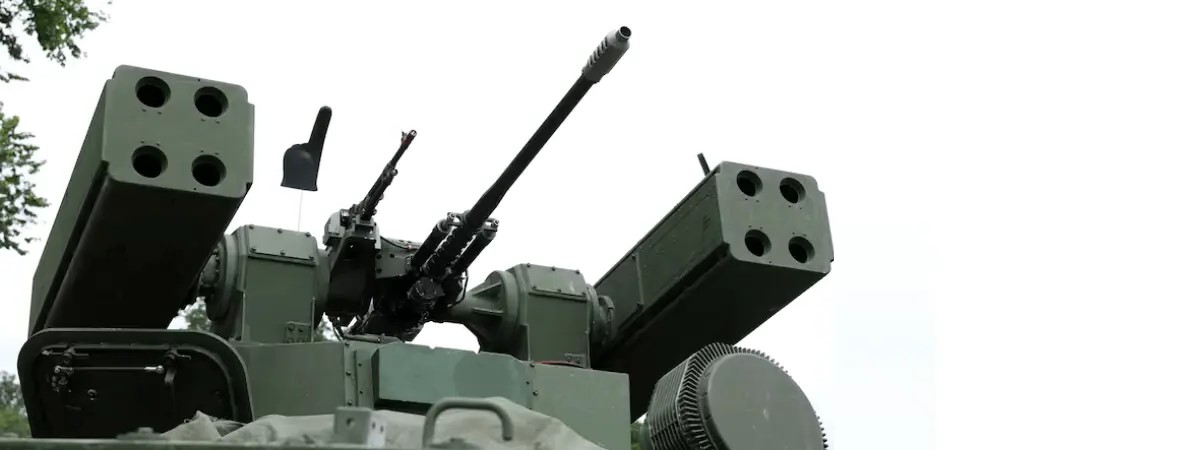India has Halted US Arms Deals Amid Trump’s New Tariffs
August 9, 2025

August 9, 2025

Tariff tensions In a move that could reshape strategic defense ties between India and the United States, New Delhi has reportedly paused plans to procure several major American defense systems, including Stryker combat vehicles, Javelin anti-tank missiles, and Boeing P-8I maritime patrol aircraft. The combined value of these deals is estimated at $3.6 billion.
The development comes shortly after U.S. President Donald Trump announced a sweeping 50% tariff on Indian exports, citing “trade imbalances” and the need to protect domestic industries. This sudden escalation has rattled both markets and diplomatic circles, with the Indian government viewing the move as a direct economic blow.
A senior defense ministry official, speaking on condition of anonymity, noted:
“India cannot ignore such aggressive trade measures while continuing high-value defence imports from the same country. The pause is a signal, not a permanent block.”
India has been steadily modernising its armed forces, and U.S. technology has played a significant role in that transformation. The P-8I aircraft, for example, are critical for maritime surveillance in the Indian Ocean, while Stryker armoured vehicles and Javelin missiles are considered essential for modern land warfare.
A prolonged halt could slow down key upgrades in the Army and Navy, potentially pushing India to seek alternative suppliers such as France, Israel, or even indigenous solutions.
Interestingly, the Indian Ministry of Defense later issued a statement rejecting claims of a complete suspension of U.S. arms purchases, describing the reports as “speculative” and emphasizing that “talks are ongoing.”
Analysts believe this reflects India’s attempt to balance diplomatic messaging sending a warning without entirely jeopardizing strategic cooperation.
The tariff announcement and subsequent defense procurement uncertainty have rattled financial markets. The rupee slipped close to its record low against the U.S. dollar, while gold and silver prices surged as investors sought safe havens. Crude and natural gas prices, on the other hand, dipped due to anticipated lower demand.
Defence experts suggest that the “pause” is likely a negotiation tactic aimed at pressuring Washington to roll back or soften tariffs. However, if trade tensions persist, India may accelerate procurement from other nations or boost domestic defence production under the ‘Make in India’ initiative.
“Defence and trade are intertwined in today’s geopolitics. Any strain in one inevitably impacts the other,” says Lt. Gen. (Retd.) Rajesh Malhotra, a strategic affairs analyst.
For now, the world watches closely as two of the globe’s largest democracies navigate a complex web of defence needs, economic pressures, and political signalling.